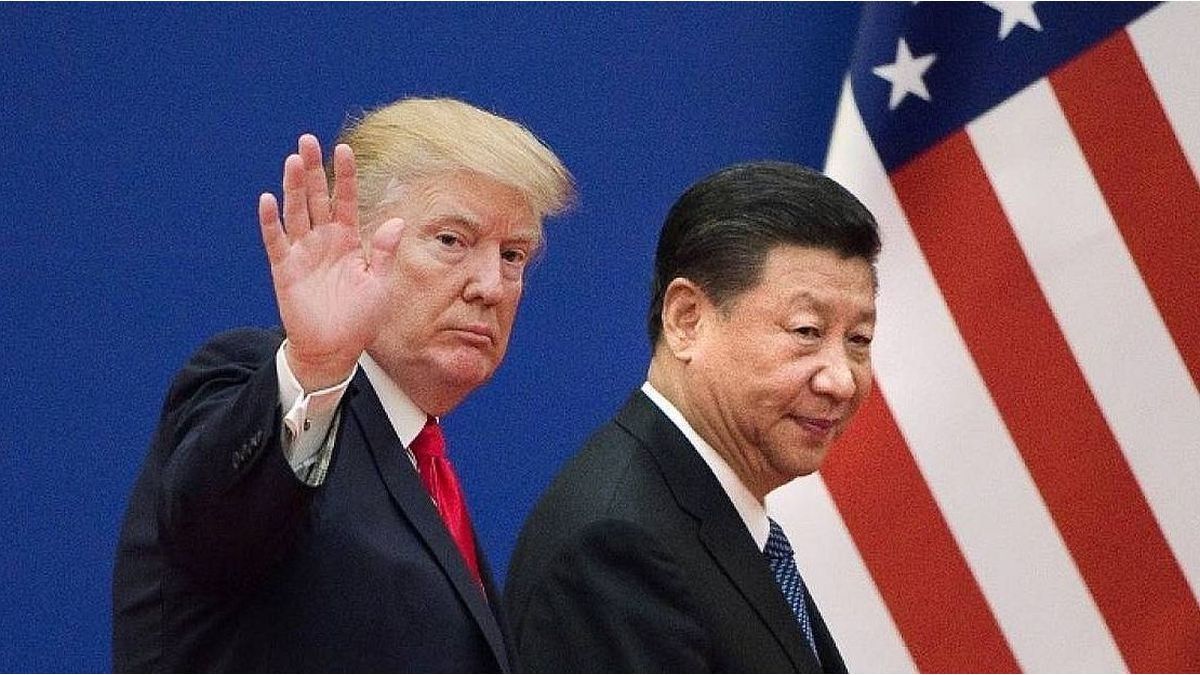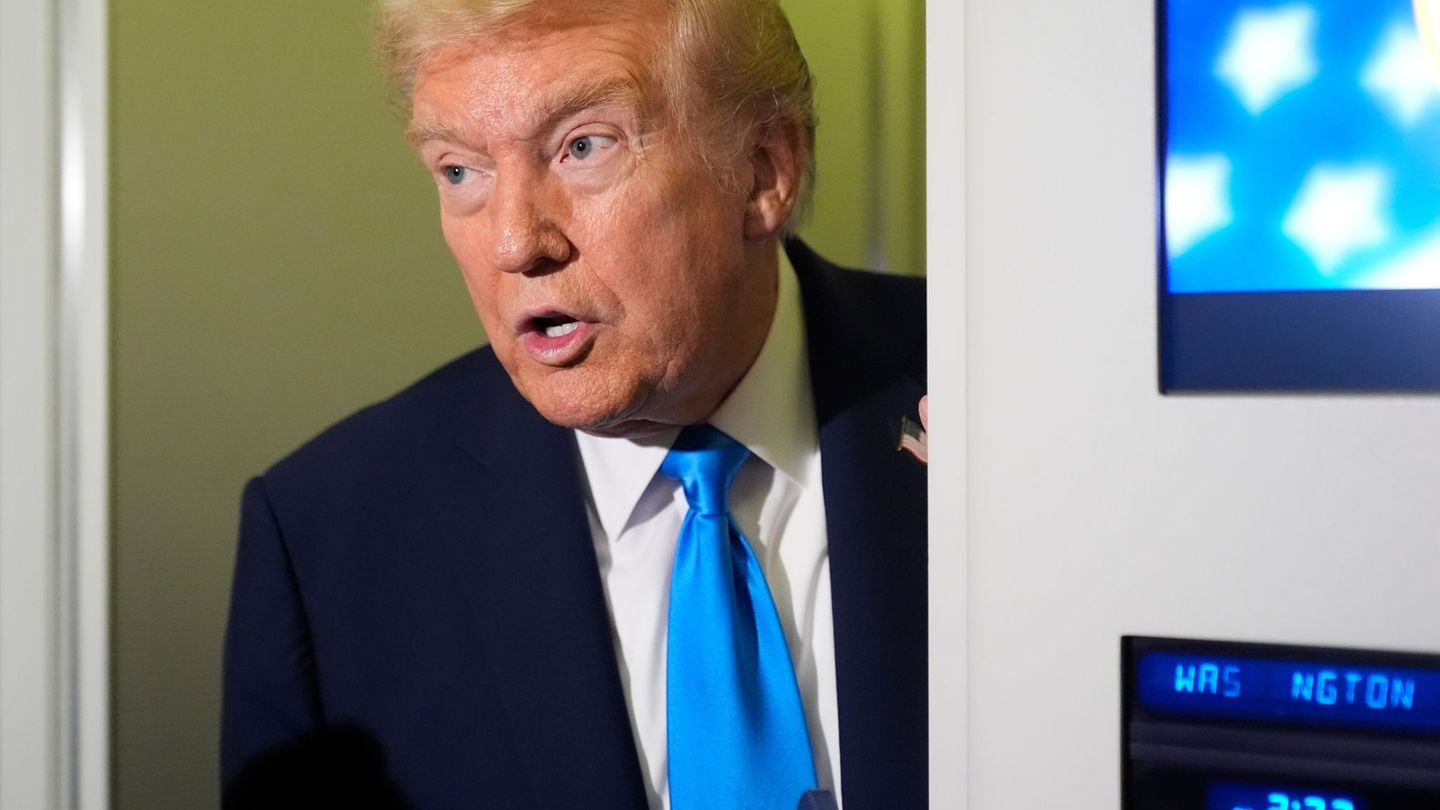Minister Habeck had celebrated it as a great success: Germany is on track with climate protection, he declared in March. Now an important panel of experts explicitly contradicts him.
Unlike Economics and Climate Protection Minister Robert Habeck, the federal government’s most important climate expert committee does not believe Germany is on track when it comes to climate protection. They assume that the greenhouse gas reduction target for 2030 will be missed, said the chairman of the Expert Council for Climate Issues, Hans-Martin Henning, in a statement published in Berlin on Monday. In a special report of around 130 pages, the Expert Council reviewed the projections, i.e. forecasts, of the Federal Environment Agency (UBA).
Expert council expects target to be missed
Habeck (Greens) declared in mid-March: “If we stay on course, we will achieve our 2030 climate goals.” The expert council sees things differently. According to the Climate Protection Act, German greenhouse gas emissions are to be reduced by at least 65 percent by 2030 compared to 1990. By 2040, this figure is to be at least 88 percent, and by 2050, Germany is to be climate-neutral – that is, it is to emit no more greenhouse gases than can be bound again.
“In summary, we cannot confirm the cumulative target achievement for the years 2021 to 2030 shown by the 2024 projection data; on the contrary, we assume that the target will be missed,” explained Henning.
Why the expert council is pessimistic
According to the UBA projections announced by Habeck in March, Germany would remain just within the legally permitted budget for greenhouse gas emissions. However, the expert council does not expect this to happen and gives two reasons for this.
Firstly, the projection data lacked information on the probability that greenhouse gas emissions would actually develop as expected. Based on its own calculations, the expert council assumes that the 2030 target should not be achieved – even if emissions are expected to fall significantly. The experts believe that the predicted emissions in the energy, building and transport sectors, and to a limited extent also in industry, were underestimated.
The expert council attributes this to the second reason: important developments that were not included in the Federal Environment Agency’s calculations. Habeck’s optimism was based on partly outdated assumptions, as critics noted back in March. The calculations only included data up to October 2023. But it was only then – under the austerity measures imposed by the Karlsruhe budget ruling – that the important energy transition fund, the Climate and Transformation Fund, was cut. The expert council points to these cuts, but also to changed market expectations for gas prices and certificate prices in the European emissions trading system. In emissions trading, companies can trade rights to emit greenhouse gases (certificates).
Experts urge government to act
The scientists are urging the federal government to act – even if the new climate protection law recently passed by the Bundestag and Bundesrat only provides for political adjustments if the data indicate that the climate targets will not be met in two consecutive years. In addition, according to the projection data, the even more ambitious climate targets are also expected to be missed for the period 2031 to 204. The goal of greenhouse gas neutrality will also not be achieved by 2045 or 2050.
The Expert Council is a scientific committee. The members are appointed by the federal government for a period of five years and work independently. According to the Federal Climate Protection Act, its tasks include the annual review of the Federal Environment Agency’s preliminary data on greenhouse gas emissions from the previous year. Every two years, the experts also submit a report that addresses, among other things, the effectiveness of climate protection measures in achieving Germany’s climate goals.
Source: Stern
I have been working in the news industry for over 6 years, first as a reporter and now as an editor. I have covered politics extensively, and my work has appeared in major newspapers and online news outlets around the world. In addition to my writing, I also contribute regularly to 24 Hours World.




